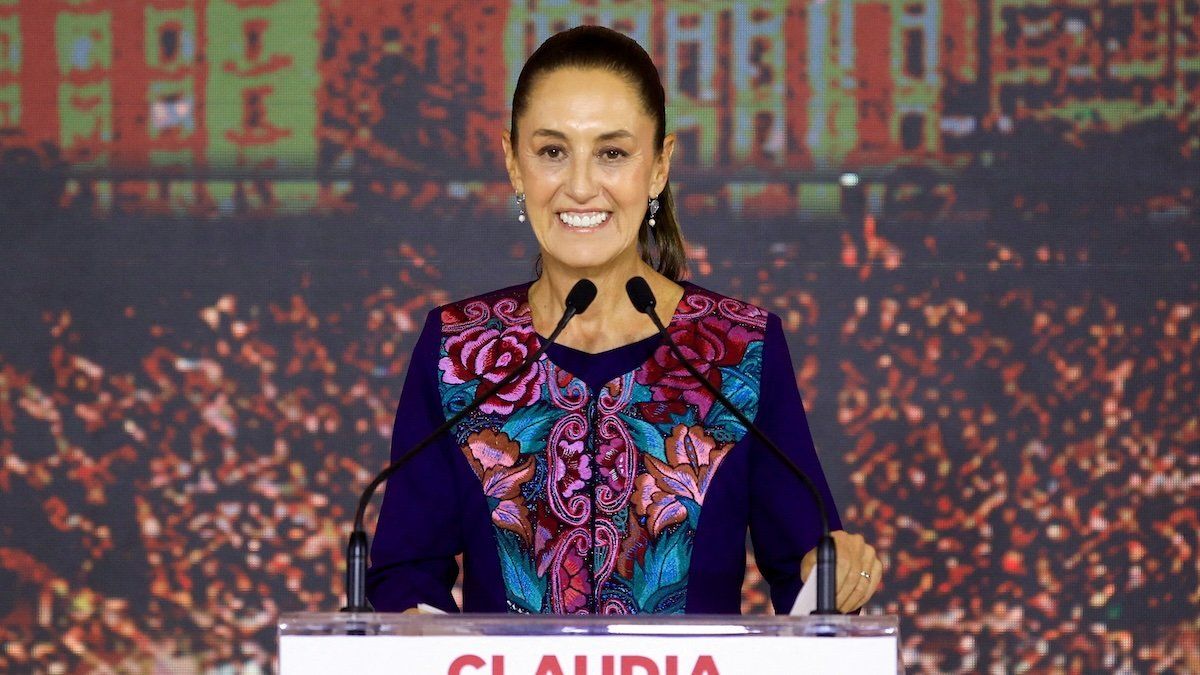Earlier this week, Claudia Sheinbaum became the first female president-elect in Mexico – and the first woman elected to lead a North American country. Canada was briefly led by Prime Minister Kim Campbell in the early 1990s, but she was appointed ahead of the 1992 election, which she lost.
Canadian Prime Minister Justin Trudeau didn’t waste any time getting in touch and offering a typically effusive – and perhaps strategic – congratulations. A readout shared by his office says that Trudeau and Sheinbaum spoke about “areas of common interest and the strong bilateral relations between Canada and Mexico” and “underscored the importance of growing our economies and delivering fairness for every generation through the Canada-United States-Mexico Agreement.”
The subtext says more than the readout. As Donald Trump anxiety builds in Canada and concerns rise about the future of free trade between the US and Canada, experts are suggesting Canada and Mexico could be pushed closer together in the years to come, especially if a future Trump administration pursues a more aggressive protectionist agenda or attempts to bully Canada, Mexico, or both countries on trade, defense, and migration.
Sometimes a congratulations is just a congratulations, but in a world of shifting and uncertain geopolitical alliances and arrangements, sometimes it’s a way of opening a door.
